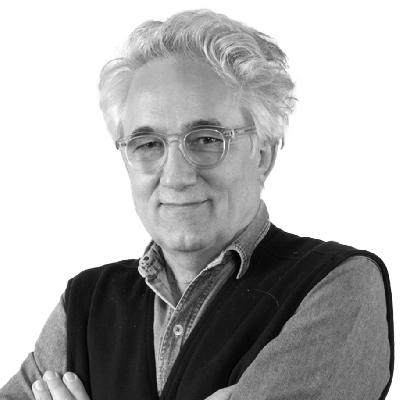The co-planning approach changes results. Although not yet very popular, it is growing. There is a spurious version that may be defined as “open” to users, which are the central subjects for the final objective. In our project they were the disabled. Spurious means just that: there is a research team working on the tools to offer. Members are sensitive towards users so they summon them in order to test their proposals. In this way acceptable results may be obtained, but the team lacks one important factor which can multiply the overall effectiveness: the empathy which can emerge from constant attendance, since the very beginning, a kind of empathy generating technical quality of the end product. For a simple reason: the disabled only tell part of their thoughts and emotions. They have a long story, characterised by the surrounding context and loaded with old images and burdens that stretch back into the past. In the absence of suitable definitions, a feeling of shame is the closest we can get to describe it. Nowadays we certainly pay much more attention to the differently abled. If you consult Teche Rai, the national TV archives for programmes broadcast in the early 50s of the last century, you’ll find footage of shows where Adriano Celentano imitates a lame person walking while everybody laughs. We have had very successful comedians, famous for one stuttering character, let alone the numerous hunchbacked in a vast number of films. Or the “village idiots” slapped by the so-called normally intelligent. But the scenario is huge and diversified, ranging from flat feet to bandy legs, the panorama is endless. Things have changed considerably. But deep down, there is still something brewing.
The hard things to say, as the title reads. One of the projects researched into by one of the planning groups is a floatation tool to enable people with severe limited mobility to use a swimming pool. For a man or a woman spending their whole life with serious mobility issues, floating is a highly pleasant condition. Severity is the most aggressive physical phenomenon of mobility difficulties.
Water mobility, though, may come with a very unpleasant occurrence for the disabled: partial or total lack of control over one’s excretions. And a polluted swimming pool must be emptied, cleaned and filled up again, by law.
When there is an open, sincere and close dialogue, these problems do emerge and it is possible to work towards a very precise solution.
All things considered, this describes a tool of knowledge that is far from being difficult to implement. What I mean is that it took over 2,500 years of accumulation of knowledge and technologies before obtaining an extraordinary tool of knowledge such as a particle accelerator. On the other hand, taking into consideration that a comfortable, sensitive and generally not very competitive human “habitat” – if we accept to co-plan we clearly need to tone down our points of view – is something that is just potentially around the corner, albeit not very applied. Mind you, the central aspect here is not that co-planning is a humanely nice thing. We will talk about that another time. The thing is that it works better.
Progetto Crew, www.progettocrew.it



